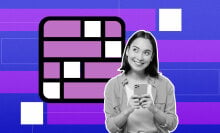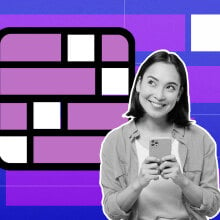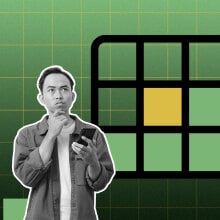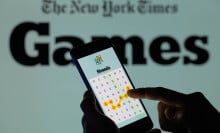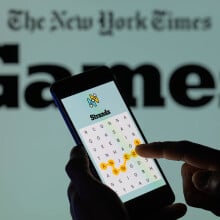EA games — maker of the popular Sims, FIFA, and Madden franchises — is investing in more robust game development for people with disabilities.
In honor of International Day of People with Disabilities (Dec. 3), the electronic gaming company announced it will be expanding its Patent Pledge to include dozens more patents for accessible technologies that would put the power of more inclusive design in the hands of game developers. EA's Patent Pledge is a commitment to providing royalty-free IP to the gaming industry at large, and a promise not to enforce EA patent infringements for the accessible technologies the company offers.
The 23 new technologies include six audio and sound technologies, as well as a new opensourced photosensitivity analysis plugin for the Unreal Engine 5 builder. The plug-in allows designers to test their games using EA's IRIS tech in real-time — IRIS makes gameplay easier for people with epilepsy or other photosensitivities. The audio patents include tech for improved and simplified speech recognition and more personalized speech options, including text-to-speech in the voice of video game characters and machine-learning powered voice aging. These options make in-game expression more inclusive for gamers.
"Among other things, these patented accessibility technologies could be used to improve the gameplay experience of players who have speech disability or who prefer or need assistance with verbally expressing themselves," explained EA. "They could make it possible for those players’ speech to be more effectively recognized and reflected in-game in a way that is representative of their age, emotion, language and speaking style."
The video game titan has introduced several other accessibility patents, including personalized music and sound settings for those with specific hearing needs, haptic and touch screen technologies, and a tool known as Fonttik, which ensures visual fields and on-screen text are accessible to those with low vision. The offerings are part of EA's larger accessibility efforts.
"By making this technology available to others royalty-free, we want to encourage the industry to work together to make video games more inclusive by removing unintended barriers to access," wrote EA senior vice president Kerry Hopkins.
Topics Social Good Accessibility Video Games


